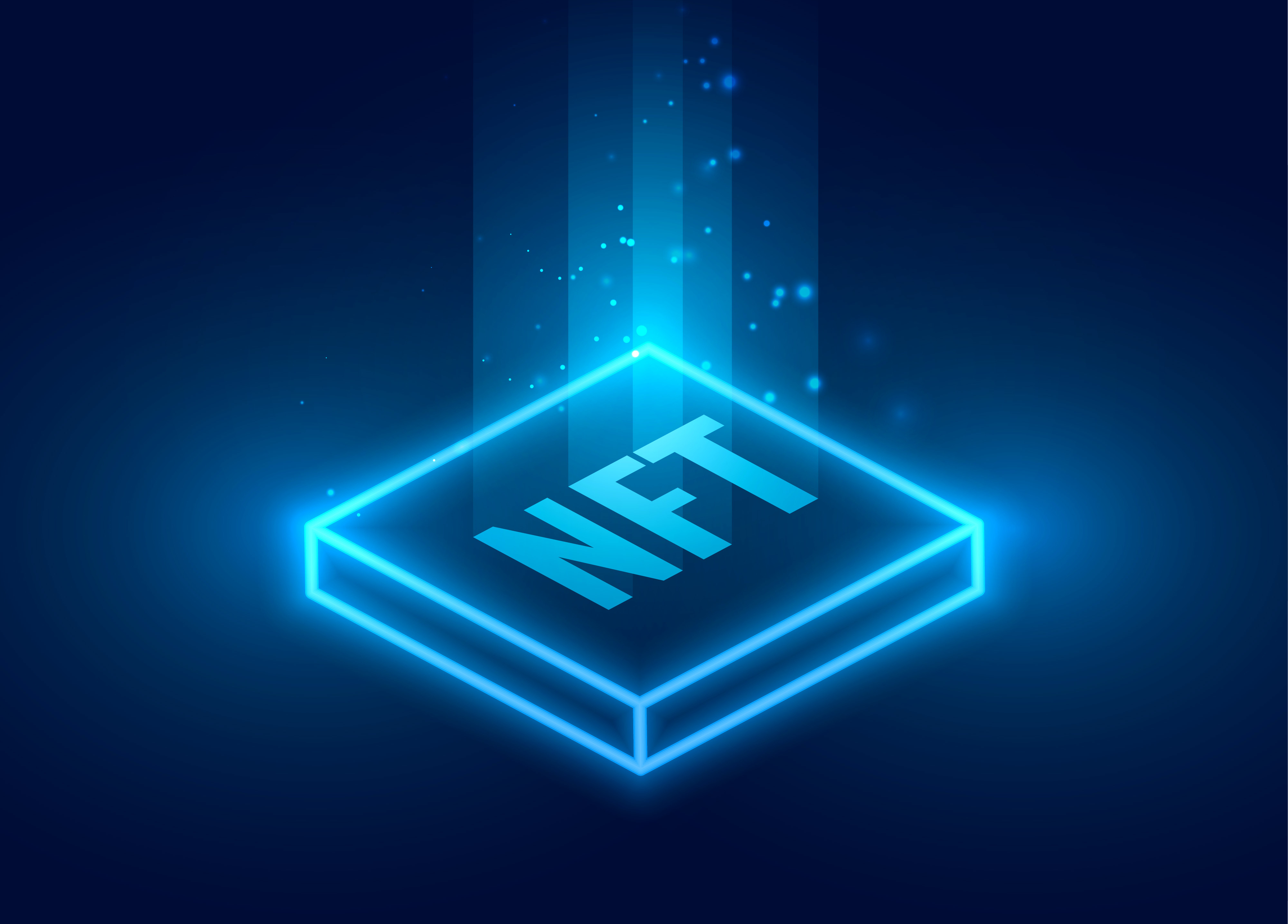Money Laundering and NFT
Financial crimes such as money laundering have been a major problem worldwide for many years. In recent years, the emergence of cryptocurrencies and virtual assets has led to an increase in such crimes. In this article, we will discuss money laundering and NFT.
What is NFT?
NFT (Non-Fungible Token) are unique digital assets created using blockchain technology. The uniqueness of these assets makes them valuable and used in many different fields, such as artwork, music tracks, and other digital content. NFTs are used to document ownership of digital assets, thereby providing their owners with copyrights and other benefits. The use of NFTs has gained immense popularity in recent times and is used for the sale of digital assets such as artworks. In particular, many artists offer their digital works for sale using NFTs. Such sales are made possible thanks to NFTs that document ownership rights.
Proceeds of crime laundering is the laundering of money, usually derived from criminal activity, by disguising it as legitimate activity without legally declaring it. With the use of NFTs, such crimes have become easier. This is because NFTs are uniquely marked digital assets and document ownership using blockchain technology. Therefore, NFTs can be used to conceal money laundering activities.
Money laundering and NFTs are important issues in today's financial world. Money laundering has been a major issue worldwide for years and has become even more complex with the emergence of cryptocurrencies and virtual assets. While NFTs create unique assets using blockchain technology, which is used to document ownership of digital assets, they also pose risks of money laundering. Therefore, preventing money laundering and regulating and supervising NFTs is an important priority for the financial world.
Here are some suggestions on how to prevent money laundering through NFTs:
1. Regulation and Supervision:
New technologies such as NFTs have not yet been fully incorporated into legal regulations. Therefore, appropriate supervision and regulation by regulatory bodies can prevent NFTs from being used for criminal activities such as money laundering.
2. Authentication:
The purchase of NFTs requires the use of a crypto wallet on most platforms. Therefore, by using authentication methods, users' identities can be verified and suspicious activities can be detected.
3. Transparency:
Blockchain technology is used to record and track NFT transactions. Therefore, transparency can be achieved in trading NFTs. Recording and tracking transactions can help detect suspicious activities.
4. Anti-Money Laundering (AML) Policies:
Platforms that trade NFTs should adopt AML policies and implement certain procedures to detect suspicious transactions. These procedures may include reporting suspicious transactions, identity verification, and record keeping.
5. Expert Advice:
The use of NFTs in criminal activities such as money laundering is an issue that requires financial institutions to have expertise in many different areas. Therefore, many institutions can take effective measures against money laundering through NFTs by utilizing expert advisory services.
The anonymity of NFTs further facilitates the laundering of proceeds of crime. While blockchain technology is used to document ownership of NFTs, it also preserves anonymity. This makes money laundering activities even more secretive and makes it more difficult to prevent such crimes. NFTs need to be authenticated and sources need to be monitored. This means that NFTs need to be closely monitored by regulators to ensure the security of NFTs and help prevent money laundering crimes.
Request Demo
You can contact us as to our services, integration processes, request demo or customized solutions.


